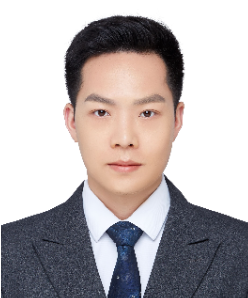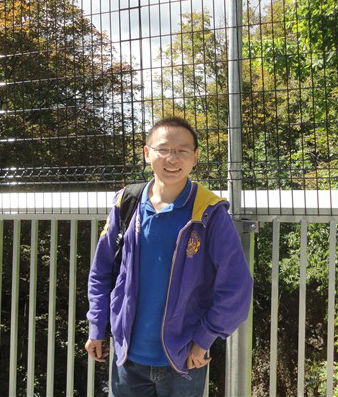IWACCE-SRACA’25
Soft Robotics: Actuation, Control, and Application
Robotics research is rapidly advancing and has attracted the attention of a large number of researchers. Based on the material characteristics of their bodies, robots can generally be classified as rigid robots and soft robots. Rigid robots have reliable structures and high motion precision, and can withstand large loads. Soft robots, taking advantage of their compliance, can adapt to complex and irregular environments and have a relatively strong resistance to impacts. Compared to traditional rigid robots, they offer better safety and adaptability. With their unique advantages, soft robots hold tremendous potential in fields like medical endoscopy and surgery, search and rescue in ruins, food processing, and dexterous manipulation. Compared to traditional rigid robots, soft robots exhibit strong specificity in actuation, sensing, and control. Currently, new types of soft actuators, sensors, and circuits are emerging in large numbers. This Special Session will focus on the actuation, sensing, control, and application of soft robots, publishing a series of high-level papers to showcase the latest research findings in the field of soft robots and promote the transition of soft robotics from theory to application.
IWACCE-SRACA’25 Topics of interest include, but are not limited to the following:
- Soft actuators
- Soft robots
- Flexible electronics
- Strain sensors
- Artificial muscle
- Electroactive polymers
- Compliant mechanism
- Sensors
- Tactile sensors
IWACCE-SRACA’25 Session chair

Dr. Yuan Han, Professor at Harbin Institute of Technology (Shenzhen).
He received his Ph.D. degree from the National Institute of Applied Sciences (INSA) in France in 2015, majoring in Mechanical Engineering and Automation. From 2015 to 2017, he worked at the French National Center for Scientific Research (CNRS) and the Chinese University of Hong Kong.
Research Interests: Soft and flexible robotics and perception, with application to industrial automation and medical devices.
IWACCE-SRACA’25 Speaker

Jiyong Tan
Associate Researcher, University of Electronic Science and Technology of China
IET CEng, IEEE Member
Research Interests: Intelligent Robot Sensing and Control, 3D Visual Understanding and Trajectory Planning

Dunwen wei
Associate Professor, University of Electronic Science and Technology of China
IEEE Member
Research interests: [1]. Flexible and elastic actuators, bionic robots, medical rehabilitation robots; [2]. Intelligent unmanned systems, robot navigation, robot clustering